
Health is a crown on the heads of the healthy that only the sick can see.
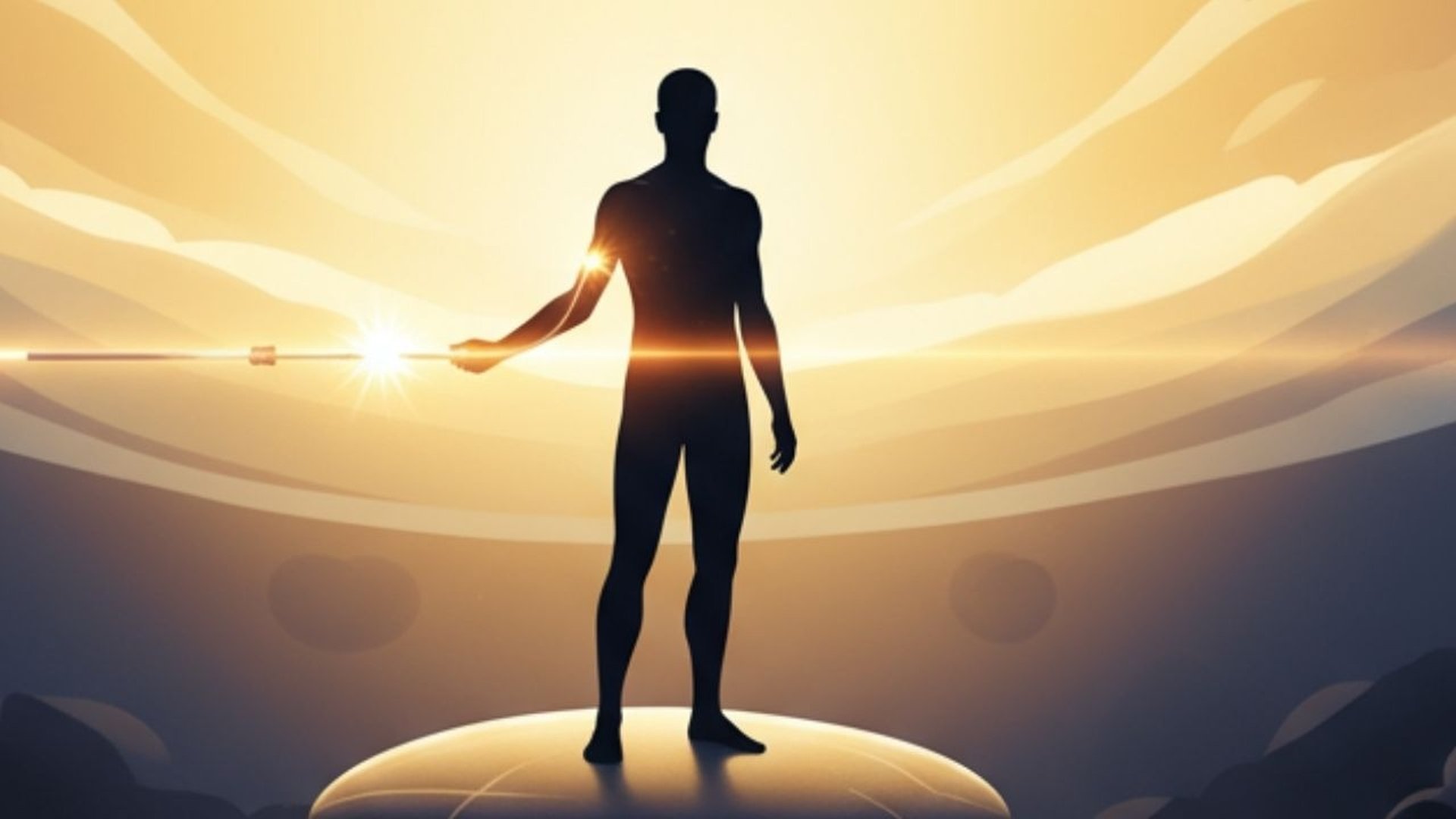
🧭 Break Free from the Drip : Restoring Balance Through Fasting 🌙🌿
🧾Discover how fasting helps restore bladder balance and heal urinary incontinence from the root — not just the symptoms. Learn how natural fasting supports hormonal harmony, inflammation control, and cellular renewal for long-term bladder health.
GENTIOURINAY SYSTEMFASTING
Dr Hassan Al Warraqi
11/8/20259 min read


🧭 Break Free from the Drip : Restoring Balance Through Fasting 🌙🌿
Understanding Urinary Incontinence: What You Need to Know fasting
Urinary incontinence (UI), or peeing when you don't mean to, is something a lot of people deal with. It's not just a part of getting older, and it can be handled.
This guide will give you the basics about what causes it, the different kinds, and how to treat it, so you can get back to feeling like yourself.
What's Urinary Incontinence?
Urinary incontinence means you can't control your bladder, and you end up leaking pee when you don't want to.
It can be anything from a little dribble when you cough or sneeze to a sudden need to go that you just can't hold.
It happens more as people age, and women get it more often, but it can happen to anyone.
The 5 Main Types of Urinary Incontinence
Knowing what type you have is the first step to fixing it.
Stress Incontinence
* What it is: Leaking when you do something that puts pressure on your bladder.
* What makes it happen: Coughing, sneezing, laughing, working out, or picking up heavy stuff.
* Why it happens: Your pelvic floor muscles, which hold up your bladder, are weak.
This can happen because of having babies, being pregnant, or surgery.
Urge Incontinence (Overactive Bladder)
* What it is: A really strong urge to go, and then you leak before you can get to the bathroom.
* What makes it happen: Hearing water running, drinking a little bit of water, or sometimes nothing at all.
* Why it happens: Your bladder muscle squeezes when it's not supposed to.
This might be because of a problem with your nerves, an infection, or diabetes.
Overflow Incontinence
* What it is: A little bit of pee coming out all the time because your bladder doesn't empty all the way.
* What it feels like: Like you always have to go, even right after you've been to the bathroom.
* Why it happens: Something is blocking your bladder (like a prostate problem in men), or your bladder muscles are weak.
Functional Incontinence
* What it is: You can't get to the bathroom in time because of a physical or mental problem.
* What makes it happen: Bad arthritis, dementia, or anything that makes it hard to move or think clearly.
Mixed Incontinence
* What it is: A mix of two or more types, usually stress and urge incontinence together.
What Causes It?
UI can come from your daily habits, health problems, or something wrong with your body.
Here are some of the main things:
* Weak Pelvic Floor Muscles: This is the most common thing, often from having babies, being pregnant, surgery, or just getting older.
* Menopause: When women stop having periods, their bodies make less of a hormone called estrogen, which can make the bladder weaker.
* Prostate Problems: Men can have UI if their prostate is too big or if they've had treatment for prostate cancer.
* Nerve Problems: Diseases like multiple sclerosis, Parkinson's, or a stroke can mess with the signals between your brain and bladder.
* What You Do Every Day: Being overweight, being constipated all the time, or smoking can make UI worse.
* Things That Don't Last Long: Infections in your pee or some medicines (like water pills) can cause UI for a short time.
How to Get Your Bladder Back in Control
The good thing is, most of the time you can make urinary incontinence better or even get rid of it.
How you treat it depends on what kind it is and what's causing it.
Usually, you start with the easiest things first.
Things You Can Do Every Day
* Pelvic Floor Exercises (Kegels): These exercises help make your pelvic floor muscles stronger, which is the first thing to try for stress incontinence.
* Bladder Training: This means waiting a little longer each time you have to go to the bathroom, so your bladder gets used to holding more.
* What You Eat and Drink: Don't have so much caffeine, alcohol, or other things that bother your bladder.
Also, make sure you're drinking the right amount of water.
Medicine and Other Things
* Medicine: Some medicines can calm down an overactive bladder, block the nerves that make you have to go so bad, or make an enlarged prostate smaller.
* Estrogen Cream: Women who have gone through menopause can use this to make the tissues in their bladder area stronger.
* Medical Devices: Women can use something called a pessary to hold up their bladder, and men can use something to block leaks.
Surgery
* Sling Procedures: Surgeons can put a sling of material under your urethra to hold it up, which helps with stress incontinence.
* Bladder Neck Suspension: This is another way to give support to your urethra and bladder.
* Artificial Urinary Sphincter: This is a device that can be put in to control when you pee.
It's often used in men.
* Sacral Neuromodulation: This is like a pacemaker for your bladder. It helps control the nerves that tell your bladder to go.
Fasting and Urinary Incontinence: What to Keep in Mind
A lot of people who are trying intermittent fasting or other kinds of fasting wonder if it will affect their bladder.
It's not a simple answer, because there are some good things and some bad things to think about.
Why Fasting Might Help
* Losing Weight:
If fasting helps you lose weight, it can really help with stress incontinence, because there won't be as much pressure on your bladder.
* Not Eating Things That Bother Your Bladder:
When you're fasting, you're not having caffeine, alcohol, and other things that can make you have to go to the bathroom more.
* Knowing When to Drink:
When you're only eating at certain times, you can plan when you drink, which might help you pee less often during your fast.
Why Fasting Might Not Help
* Not Enough Water:
If you don't drink enough water, your pee will be strong and might bother your bladder.
* Being Constipated: Fasting can sometimes make you constipated, which can make you leak more.
* Drinking Too Much at Once:
If you wait until your eating time to drink a lot of water, it can be too much for your bladder to handle.
Tips for Fasting If You Have Incontinence
* Drink Smart: Drink a lot of water when you're eating, so your pee is a light yellow color.
Don't drink a lot all at once.
* Drink Earlier: If you're getting up a lot at night to pee, try to drink most of your water earlier in the day.
* Don't Get Constipated: Eat foods with a lot of fiber when you're eating.
* Keep Doing Your Exercises: Fasting isn't a replacement for doing Kegel exercises or training your bladder.
* Pay Attention to How You Feel: Keep track of whether your incontinence is getting better or worse when you're fasting.
Important: Talk to your doctor before you start fasting, especially if you already have a problem like urinary incontinence.
When to Talk to a Doctor
Don't be embarrassed to get help.
Talk to a doctor if:
* You're peeing too much or it's bothering you.
* You're not doing things you like to do because you're afraid of leaking.
* You suddenly have to go to the bathroom a lot more or less.
* There's blood in your pee or it hurts when you pee.
The doctor will ask you questions, give you a checkup, and might ask you to keep track of when you pee.
Then they can help you figure out what to do.
The Science Behind It: How Nerves Affect Your Bladder
Scientists are learning more about how nerves get damaged in problems like diabetes that can affect your bladder.
One thing they're looking at is:
How Sugar Can Hurt Nerves: When you have too much sugar in your blood, it can damage your nerves and cause problems with your bladder.
Can Fixing the Nerves Help?: Studies are being done to see if fixing the damaged nerves can make the bladder work better.
How to Tell If Nerves Are Damaged: Scientists can look at the nerves under a microscope to see if they're smaller or if they don't have as many connections.
FAQs frequently asked questions about urinary incontinence.
Here is a list of questions people commonly ask about urinary incontinence.
General Questions
Is urinary incontinence just part of getting old?
No, even though it’s more common as you age, it’s not something you just have to live with.
There are ways to make it better, so talk to a doctor.
What causes urinary incontinence?
A lot of things can cause it, but usually, it’s because the muscles that hold up your bladder are weak.
Having babies, surgery, or just getting older can make those muscles weak.
I don’t want to talk to my doctor about it. What should I do?
It’s normal to feel embarrassed, but doctors deal with this all the time.
They can help you feel better, so it’s worth talking to them.
You can start by saying, I’ve been having some trouble with leaking pee, and I want to see what I can do about it.
Types &Symptoms
What’s the difference between stress and urge incontinence?
* Stress incontinence means you leak when you do something like cough or laugh.
* Urge incontinence means you have to go so badly that you can’t hold it.
Can you have both?
Yes, it’s called mixed incontinence, and it’s pretty common.
Why do I leak when I cough or sneeze?
That’s a sign of stress incontinence.
When you cough or sneeze, it puts pressure on your bladder, and if your muscles aren’t strong enough, you leak.
Management & Treatment
Can you cure urinary incontinence?
Sometimes, yes. And even if you can’t cure it completely, you can often make it a lot better. It depends on what kind you have and what’s causing it.
How do you do Kegel exercises?
1. Squeeze the muscles you use to stop peeing in the middle of going (but don’t do that while you’re actually peeing, just to find the right muscles).
2. Hold those muscles tight for 3-5 seconds.
3. Relax for 3-5 seconds.
4. Do that 10-15 times, 3 times a day.
Make sure you’re only squeezing those muscles, not your stomach or legs.
Are there foods or drinks I shouldn’t have?
Yes, some things can bother your bladder, like:
* Coffee, tea, and soda
* Alcohol
* Soda
* Spicy foods
* Things with a lot of acid, like oranges and tomatoes
* Fake sugar
Try cutting out one thing at a time to see if it helps.
Can losing weight help?
Yes, because extra weight puts pressure on your bladder.
Losing even a little bit of weight can make a big difference.
Lifestyle &Specific Concerns
Can fasting help?
It might, but it’s not a sure thing.
Fasting can help you lose weight, which can take pressure off your bladder.
But make sure you don’t get dehydrated or constipated, because that can make things worse.
And always talk to your doctor before you start fasting.
What can I use to manage leaks?
There are a lot of products out there:
* Pads, like the ones you use for your period
* Underwear that’s made to absorb pee
* Briefs for when you have a lot of leakage
* Washable pads and underwear
Is it okay to exercise if I have incontinence?
Yes! Exercise is good for you.
You might just need to change what you do.
Instead of running or jumping, try swimming, biking, or walking.
And make sure you’re doing exercises to strengthen your stomach and pelvic floor muscles.
When to Seek Help
When should I see a doctor?
* If you’re peeing too much and it’s bothering you
* If you’re not doing things you like to do because you’re afraid of leaking
* If you suddenly have to go to the bathroom a lot more or less
* If there’s blood in your pee or it hurts when you pee
What will the doctor do?
* Ask you about your health and what’s been happening
* Give you a checkup
* Ask you to keep track of when you drink, pee, and leak for a few days
* Test your pee to make sure you don’t have an infection
============================================================================================================
🧭 Break Free from the Drip : Restoring Balance Through Fasting 🌙🌿
#UrinaryIncontinence #FastingTherapy #NaturalHealing #HolisticHealth #IntermittentFasting #BladderHealth #HealingFromWithin #HormoneBalance #InflammationRelief #FastingBenefits #NaturalMedicine #BodyDetox #SelfHealing #Apitherapy #MindBodyBalance #HKE_M #DrHassanAlWarraqi
🌿 Short Bio Snippet
Dr. Hassan Al Warraqi explores the healing power of fasting in restoring natural body balance. Through his H-K-E-M holistic approach, he connects fasting, honey therapy, and apitherapy to address the root causes of disease — helping the body heal itself naturally.
https://www.h-k-e-m.com/-break-free-from-the-drip-restoring-balance-through-fasting-
============================================================================================================
#CervicalPain #Cervicalgia #NeckPainRelief #FastingTherapy #SpinalHealth #HolisticHealing #NaturalMedicine #FastingBenefits #InflammationRelief #HealingFromWithin #NeckHealth #MuscleTensionRelief #HoneyTherapy #Apitherapy #HKE_M #DrHassanAlWarraqi #PostureCare #PainManagement #SelfHealing #MindBodyBalance
🩺 The Neck’s Silent Cry : Cervicalgia — How Fasting Heals the Spine and Restores Freedom 🌙
============================================================================================================
============================================================================================================
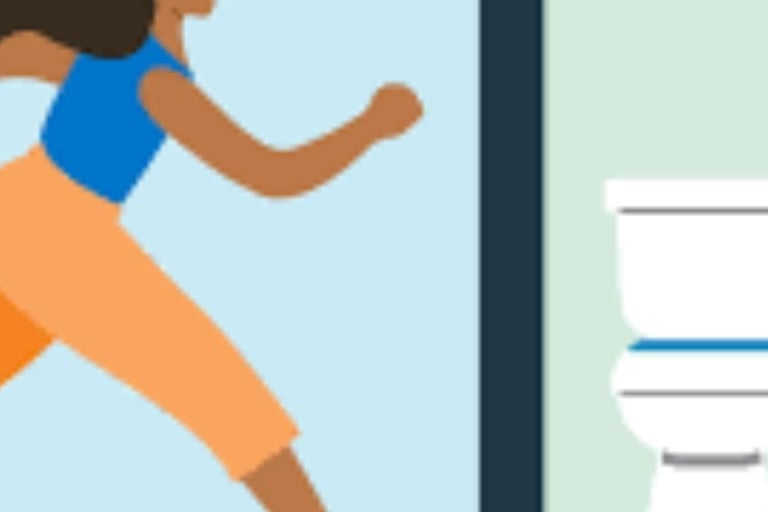

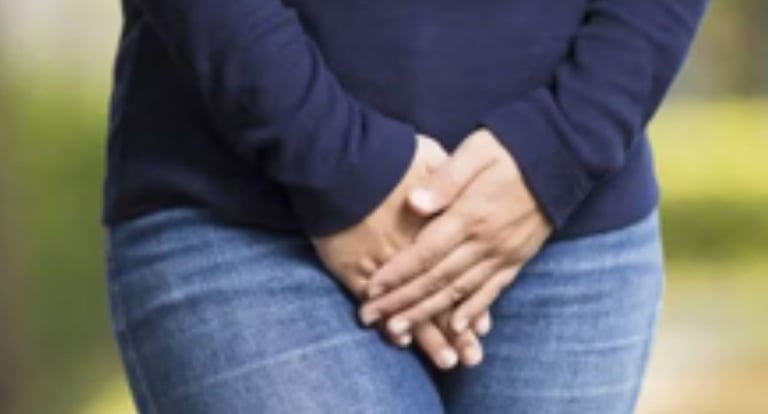

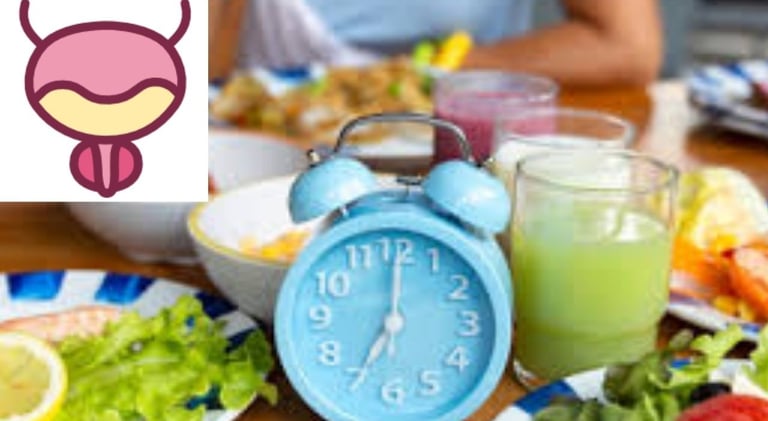



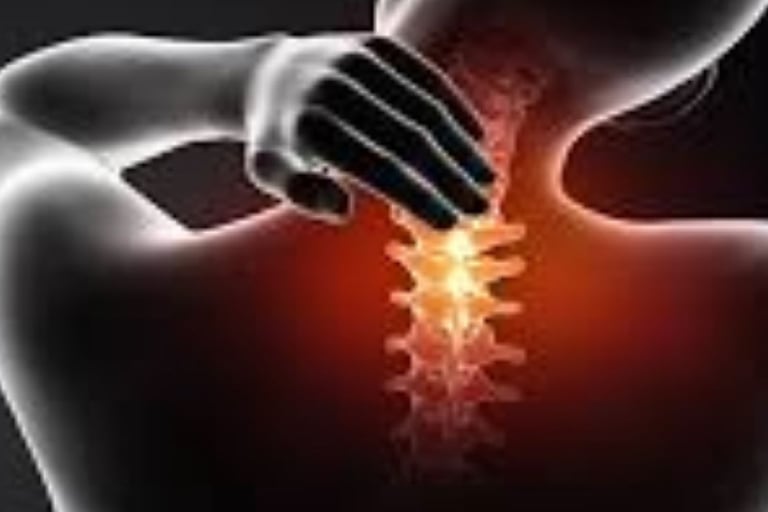


Get in touch
Address
Cairo Al Rehab
Contacts
+20 109 405 2056
hassanalwarraqi@h-k-e-m.com
